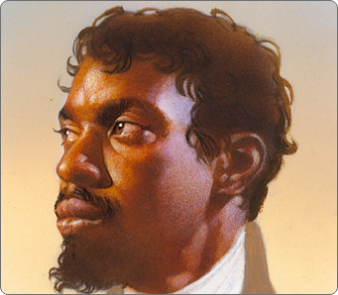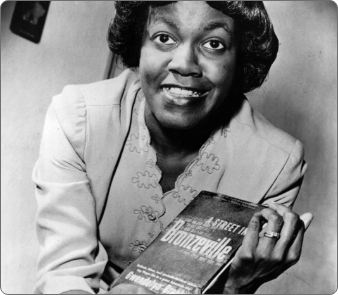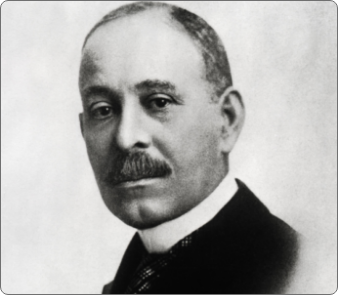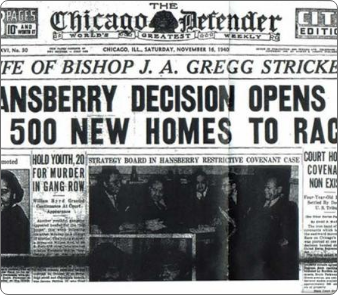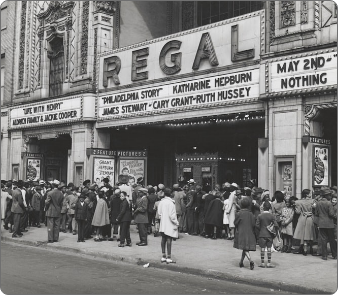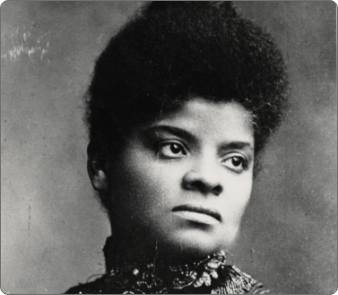This Black History Month, let’s do more than remember — we’ll celebrate, reflect, and act. Together, we can create a future rooted in equity, justice, and liberation. Explore the page, participate in the games, and share what you’ve learned. Let’s make history, together.
